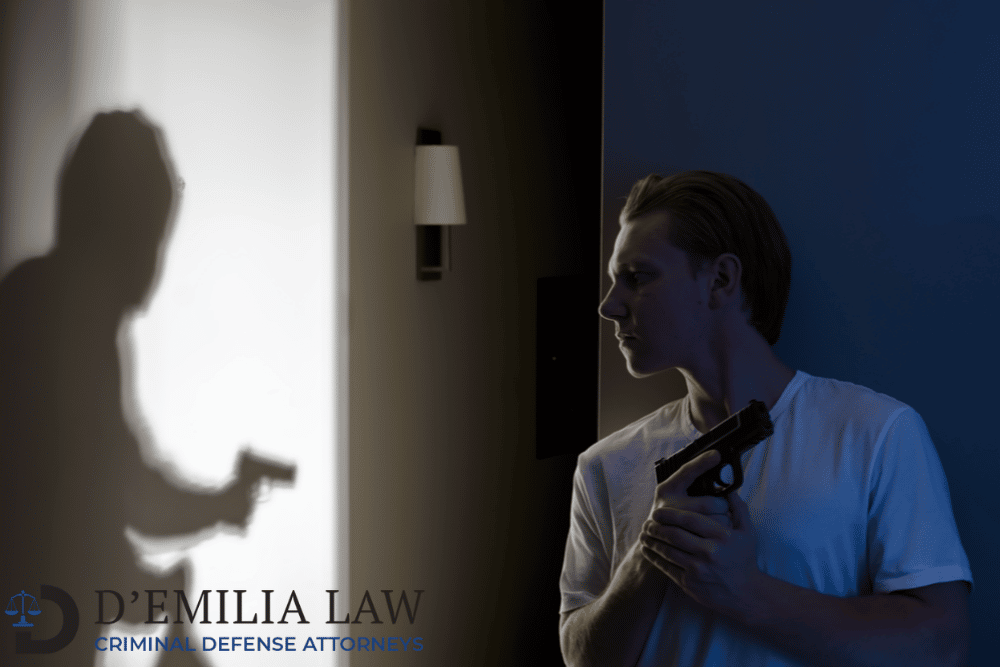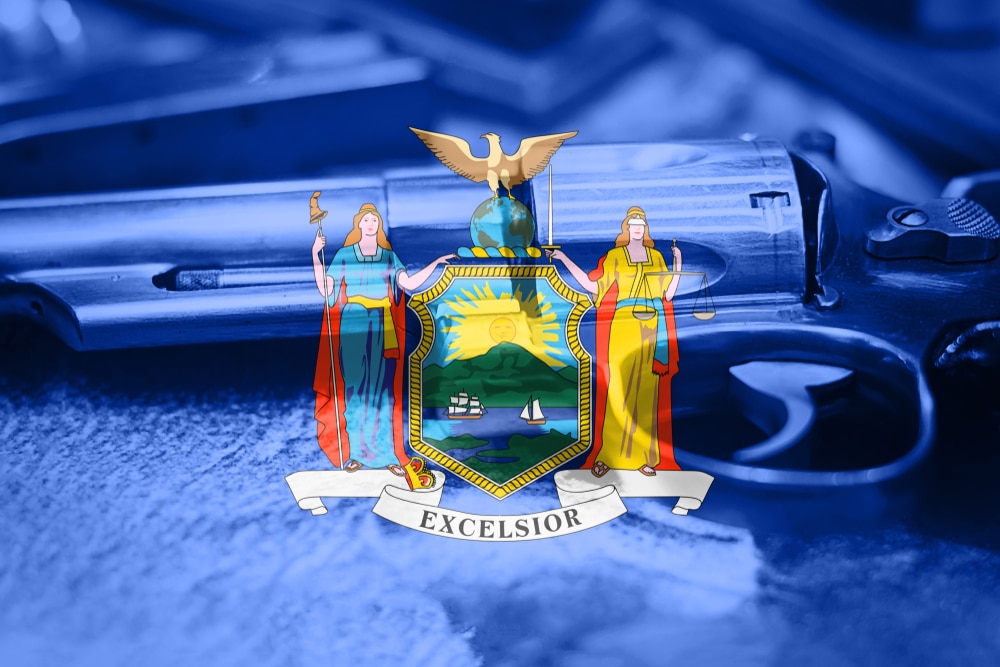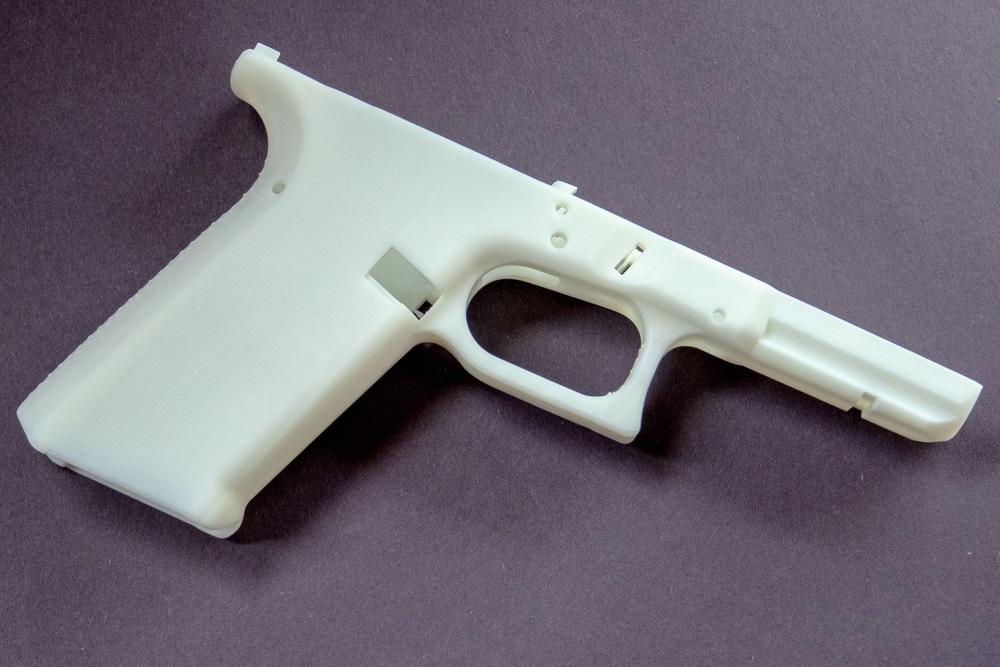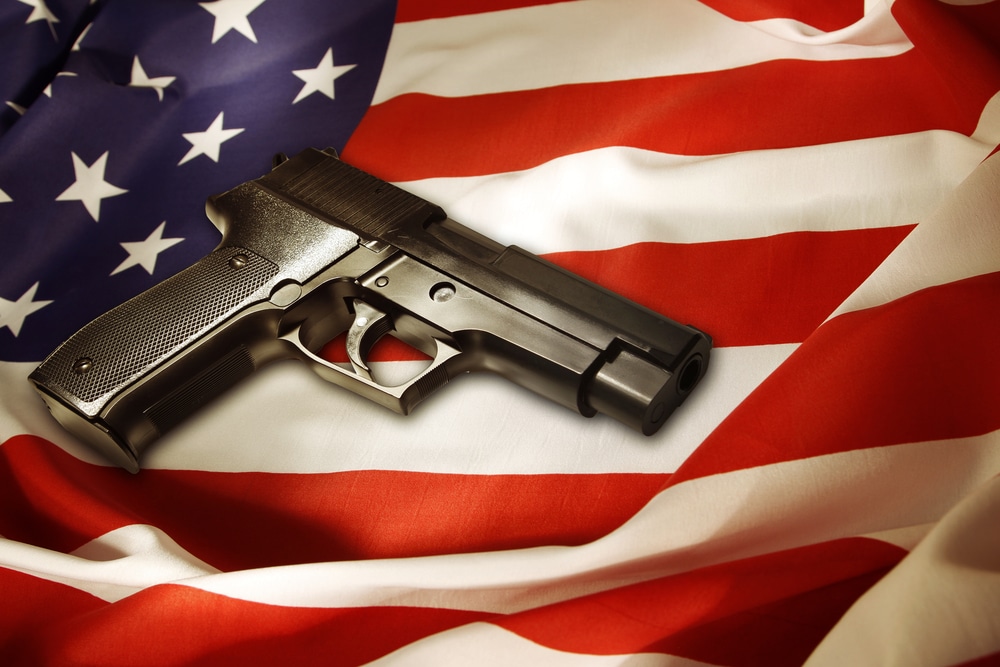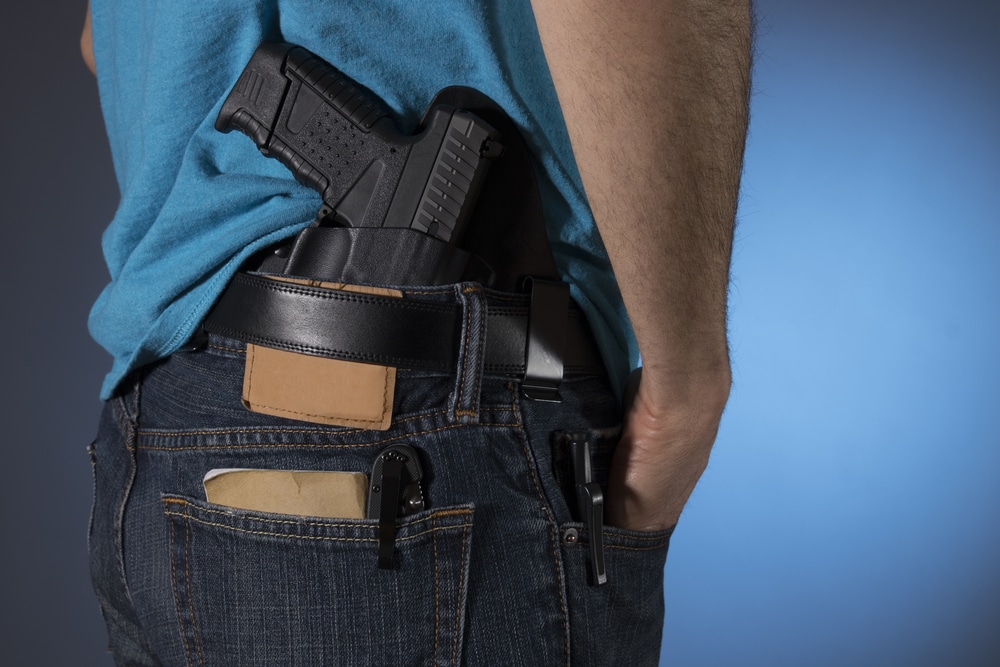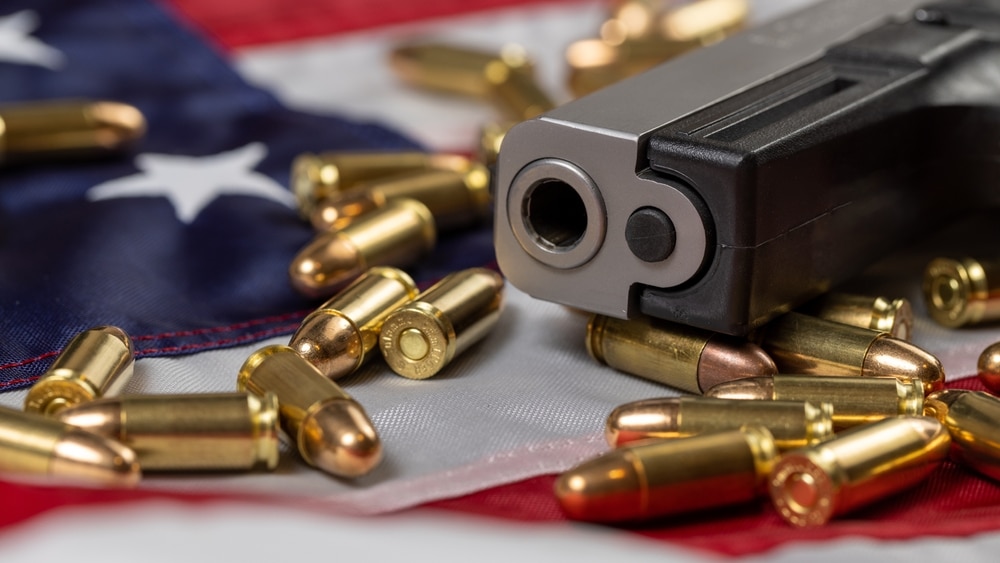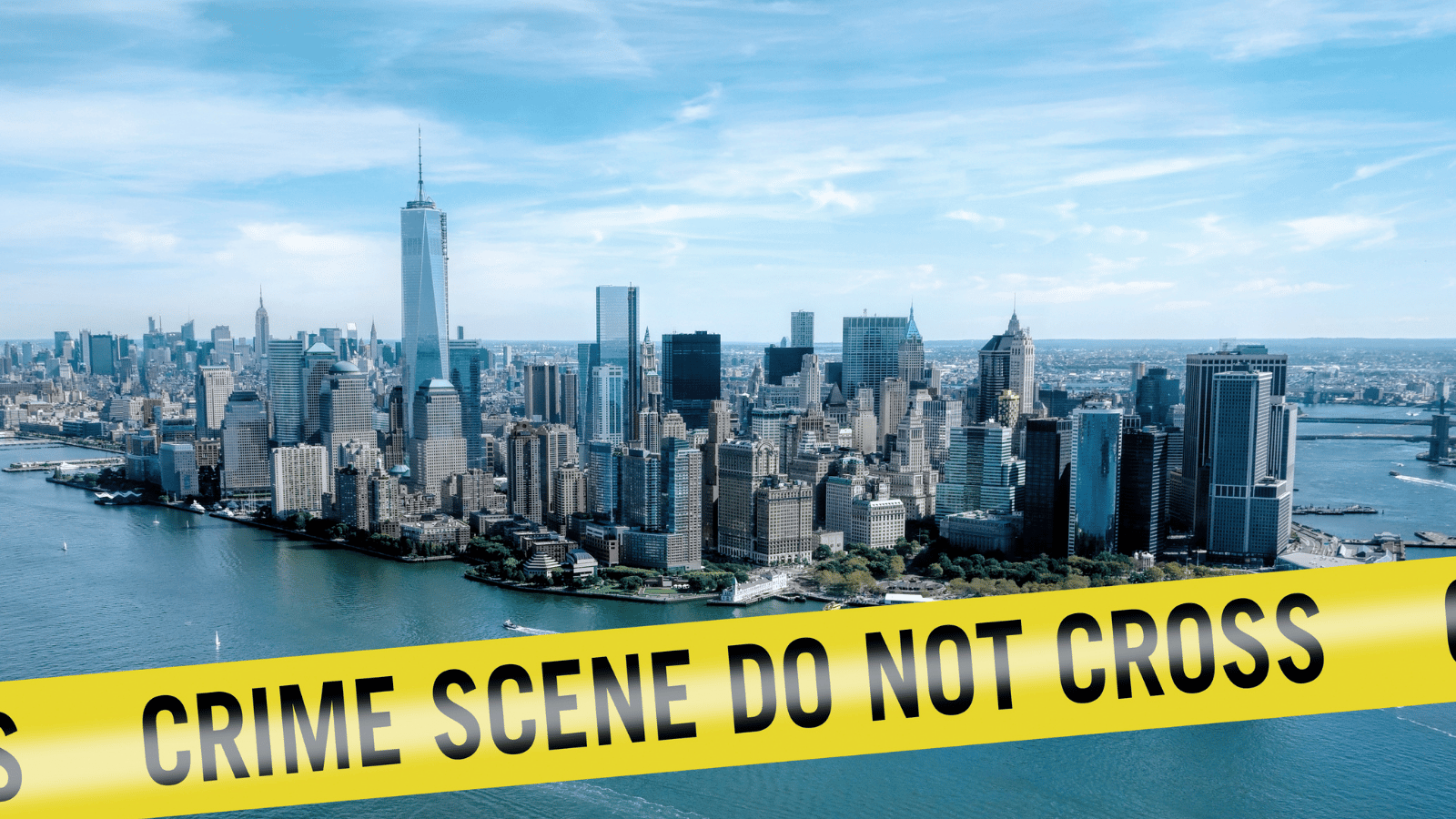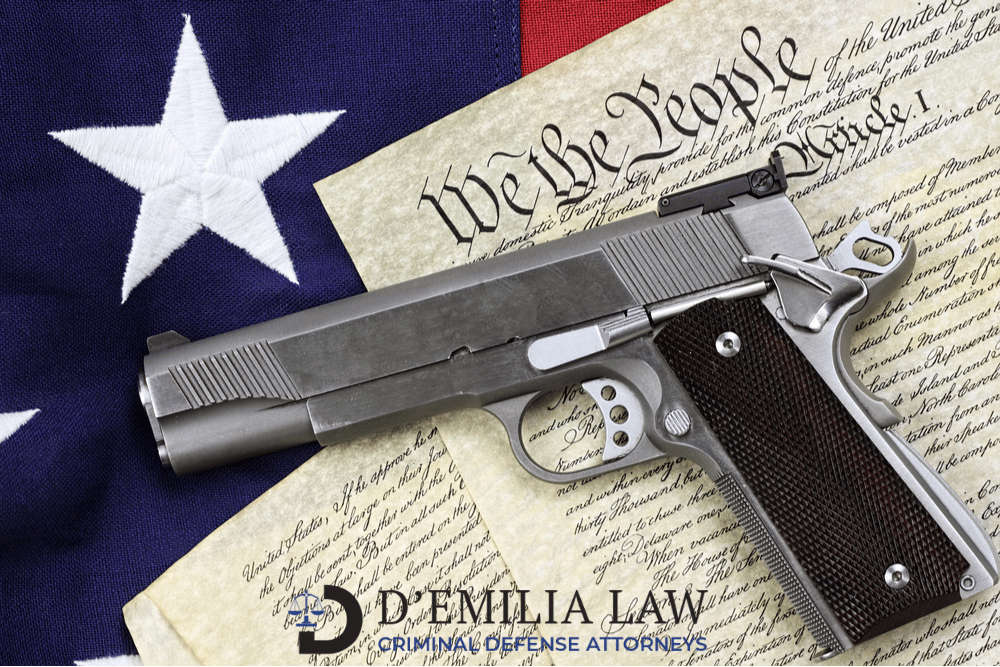New York has some of the most intricate gun laws in the United States. You need a handgun license before you can make a purchase, and you then need licenses to carry and conceal a firearm in New York State. If you do not have those licenses, you may be fined and criminally charged. The founders of D’Emilia Law know this all too well, as we spent decades prosecuting these sorts of claims.
The Second Amendment of the Constitution grants the right to bear arms, but each situation is unique and there are limits to those rights. Knowing how to legally purchase a gun from the outset can help you avoid criminal charges for weapons possession.
Let’s briefly address three questions we are often asked about gun ownership and licenses to carry concealed weapons in NYC and NY State. To be clear, however, we should note that we are not advising you to buy a weapon; if you do, you should do so lawfully.
How Can I Qualify For A License To Carry a Gun?
New York State residents may apply for firearms licenses, which are issued under the authority of their county’s licensing officers.
You must also indicate which type of license(s) you need. The most common types of firearm licenses are:
- Carry concealed
- Possess on Premises
- Possess/Carry During Employment
Costs vary by county and it often takes at least four months from the time of application until a license is either granted or denied. You will be subject to a background check. In NY State, to be eligible to have a firearms license you:
- Must be a New York State resident
- Must be 21 years old
- Have no prior felony or serious offense convictions
- Be of good moral character
- Have a legally recognized reason for wanting to possess or carry a firearm
- Be ready to open the business for which the license is being applied
This leads us to the first of many questions asked by many defendants…
What are the Differences Between Licenses to Own and Carry?
Owning a handgun generally means you must keep it in your home or place of business, and does not give you the right to carry it.
Open carry is generally illegal in New York; Concealed carry is only legal with a New York Pistol License (NYPL). The NYPL must specify whether it is issued to carry on the person or possess on the premises (or business).
An applicant for a license to carry outside the home must be required to show, in addition to the requirement for possession, that “proper cause” exists for the issuance of a carry license. An example of a proper cause would be someone whose life is in imminent danger — supported by a restraining order against another person — and needs self-protection.
One general exception to open carry is for hunting and being on your own property.
Can I Still be Arrested for Weapons Charges if I Legally Own a Gun?
Yes and for various reasons. Sometimes the reason is obvious — a gun license is not a license to kill, harm, or rob someone else.
You may be arrested if you merely display the weapon in a threatening way. These actions and several others are in violation of NY Penal Law 265, which governs the state’s gun laws. If there is even one bullet in a gun, felony weapons charges may result from incidents like waving a gun around in public or showing it off to a group of onlookers. As previously discussed, we successfully resolved a felony charge in which the client faced a 15-year prison sentence for brandishing a weapon that was not fired.
Furthermore, much depends on where you are charged. Many clients wrongly believe that gun-carry licenses issued in NY State are valid throughout the state. This is a common misconception and possession of a loaded firearm is a serious charge if arrested in New York City. We will further explore this detail and others in the next Insights installment.
Owning and carrying a gun is a huge responsibility. If the police take you into custody for misuse or even matters of self-defense, you should call a criminal defense attorney in NYC. We have also provided tips your loved ones can follow to help your defense.If you or a loved one has been charged with any crime in New York, contact D’Emilia Law, criminal defense lawyers in NYC, for a consultation.

